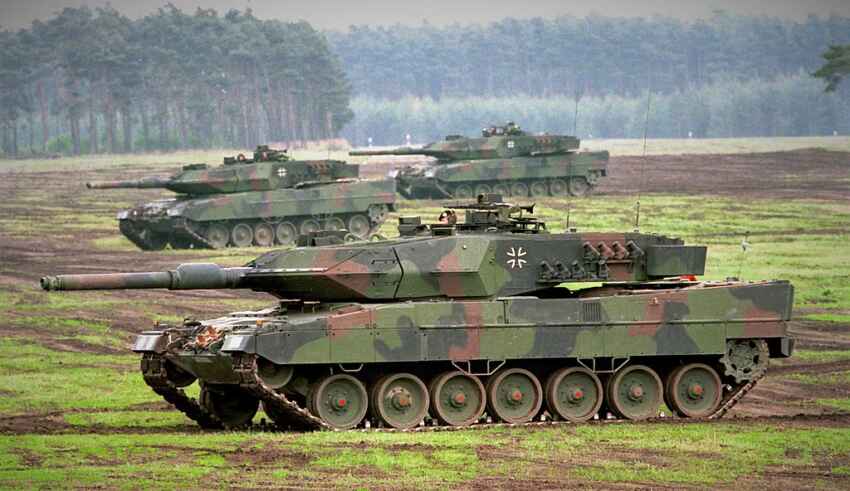
In the last couple of weeks there have been major developments with regards to Germany’s defense policy which indicate a shift in the government’s concerns and priorities. The country is currently undergoing a significant transformation in its doctrine regarding national defense, as evidenced by its aim to move away from its traditionally restrained military stance. The current war between Ukraine and Russia and the derived threat of further Russian aggression as well as a renewed focus on NATO commitments, can all be regarded as catalysts for this transition. However, this change in Germany’s defense strategy is not only relevant at a national level but is also pivotal in the wider international context as it raises significant questions about European security sustainability and the need for a coordinated response.
As highlighted previously one of the main reasons which has forced the German Government to reevaluate its defense policy is the potential military threat posed by Russia as evidenced by its ongoing war with Ukraine. The drastic evolution of the geopolitical and security landscape on the European Continent has forced Berlin to increase its military investments, including modernizing its armed forces and reinforcing NATO’s eastern flank. Consequently, Germany’s military budget has seen a significant boost, exceeding 2% of GDP and it has been focused on modernizing equipment, cyber defense, and rapid deployment capabilities. By doing this, Germany is aiming to assume a leadership role in European security affairs while also supporting Eastern European allies with military aid and joint exercises. Nevertheless, European leaders must ensure that these decisions do not result in fragmentation of defense strategies amongst NATO members but rather strengthen collective security efforts. If Germany’s and other allies’ defense strategies are to be successful they need to guarantee that increased defense spending translates into a more integrated European security architecture rather than isolated national buildups, by coordinating within NATO and the EU.
Moreover, by aligning its defense policy with EU-wide initiatives, Germany can avoid the risk of duplication and redundancies in military procedures. Germany should, thus, push for joint military procurement, intelligence-sharing, and coordinated strategic planning within the EU and NATO frameworks to create a more unified and effective European defense strategy. However, while bolstering its military capacity, Berlin must also balance deterrence with diplomatic engagement in order to prevent escalating tensions with Russia. Additionally, an effective defense policy not only involves military deterrence but also economic resilience and energy independence to minimise potential vulnerabilities. Germany must, therefore, also aim to reduce reliance on Russian energy to prevent potential geopolitical leverage and secure long-term stability.
It becomes evident that if Germany’s shift in defense policy is to be successful, it needs to push for stronger EU military coordination, which will, in turn, enhance collective security amongst allied States. Another key aspect for a successful new military strategy is to develop joint operational frameworks for rapid response forces and strengthen military partnerships with Eastern European states. Not only that, but aiming to improve relations with the US and reinforcing commitments to NATO’s collective defense will be key in ensuring that this shift benefits the continent as a whole. Germany should also consider coordinating with its allies in order to increase the presence of NATO in Eastern Europe and Baltic states. Furthermore, Germany should use this opportunity to take a leadership role in shaping EU-wide security initiatives, balance its national interests with EU and transatlantic strategic defense objectives.
Germany’s defense policy shift represents a crucial moment for European security. If managed effectively, it can contribute to a more resilient and self-sufficient Europe. However, this will require a commitment to multilateralism, strategic coordination, and a long-term vision that prioritizes collective stability over unilateral actions. The success of this transition will, amongst other things, depend on Germany’s ability to harmonize national security interests with broader European objectives, ensuring a more cohesive and capable European security framework without unnecessary escalation.
By The European Institute for International Relations















